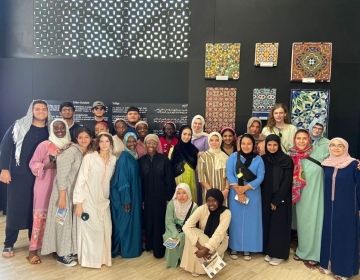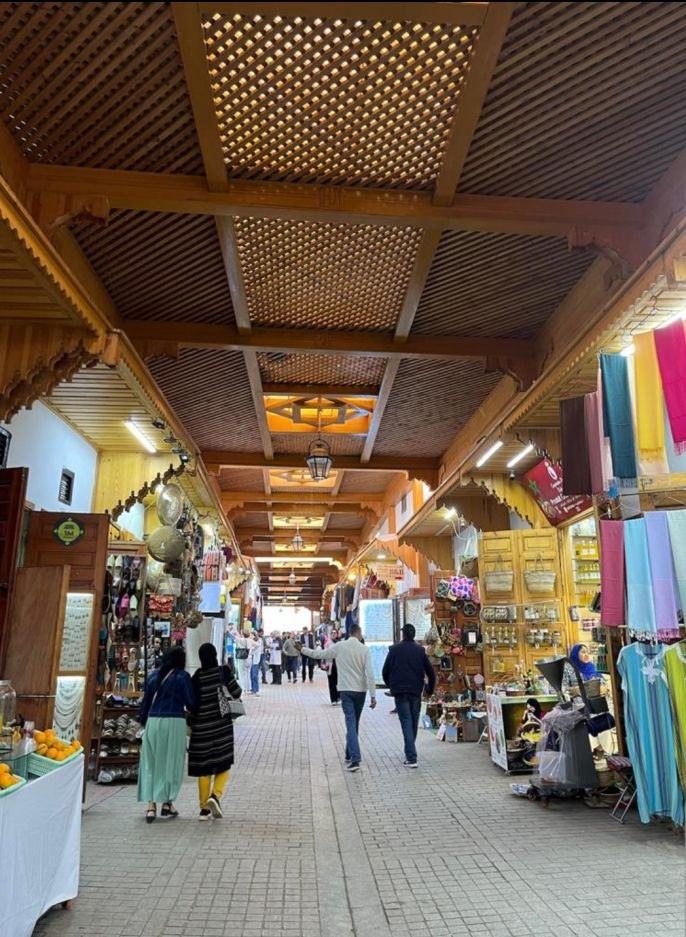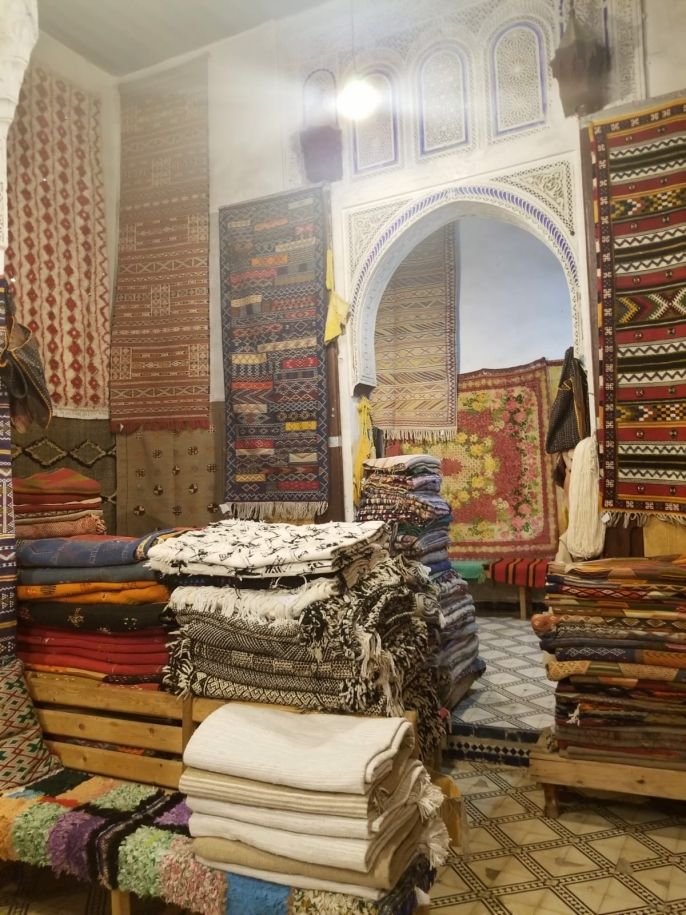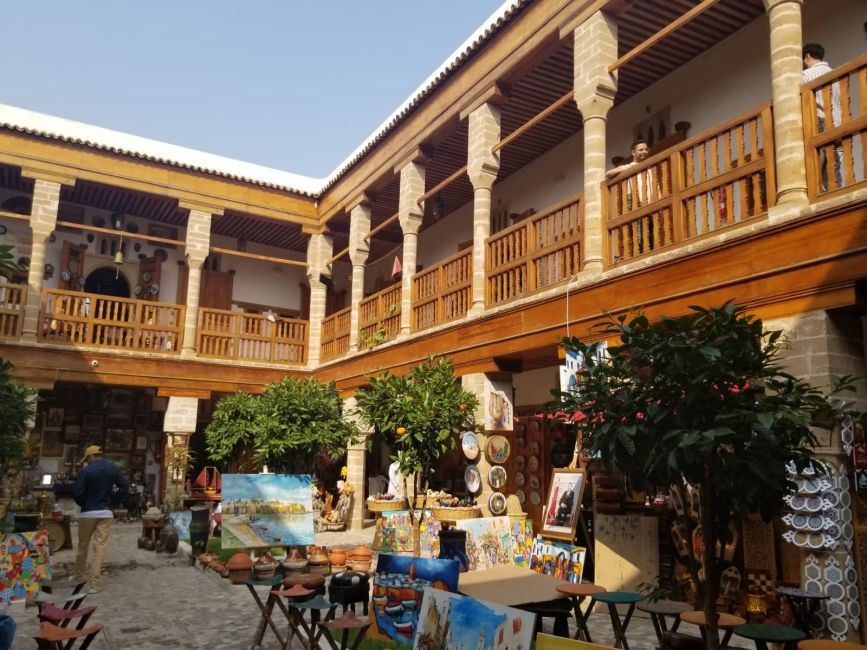Lessons from Bargaining in Moroccan Markets
Morocco’s traditional markets (or souqs) have been one of my favorite parts of the country so far. An essential part of visiting a souq is the bargaining process, in which buyers and sellers negotiate for the price of a good. Even though I started out in the bargaining system certain that I would be bad at it, the more time passes, the more I come to appreciate it.
There are a variety of customs shoppers are suggested to follow when bargaining, such as keeping a straight face and pointing out small flaws in the product. The goal is to indicate to the seller that their product is worth less to you than the price they are offering until you can arrive at a price you both like.
The moment I enter a shop or stall with the intention to bargain, it's like stepping into a role. Even if I see something I immediately want, I first look around at a few other items, inspecting them carefully without revealing any obvious interest or excitement. When I finally decide on an item I want, the seller has usually already picked up on that I'm prepared to bargain.
I tend to be easily clocked as a foreigner here, and shop-owners often seem intrigued that I'm following the "rules" of bargaining and that I'm using Arabic. It does tend to help me get lower prices than the average tourist — but it also shows a level of respect for their culture and community that can't be achieved by simply paying a set price for an item and walking away. I have had so many fascinating conversations with shop-owners during or after bargaining for their products, and especially as a relatively reserved person, I might never have spent that time talking to them otherwise.
The most important lesson I learned about bargaining is that you don’t always have to do it. I really enjoy it when I have the time, but sometimes, a seller offers me a price that I’m already willing to pay, and I’m satisfied enough to just pay for it and go on my way.
At first, Americans might see bargaining as an adversarial relationship because this is how we have been raised to view shopping. Black Friday, for example, can perfectly represent how we see purchasing items and finding deals as a kind of battle (sometimes literally). We are told as tourists to watch out for grifters trying to upcharge us, which is certainly true to an extent. However, travelers go into any situation knowing how much money they should spend and how much they can afford, which means that they can have their own sense of what is fair to them.
Particularly as Americans in Morocco, the exchange rate is so heavily in our favor that many everyday items are incredibly cheap. In my view, we should be responsible with how much we attempt to drag prices down, especially when it comes to handmade items from local craftspeople. You should certainly shop around and make sure you can’t get a cheaper price for what you want, but it is not always about getting the lowest possible price if you are able to arrive at a price you are satisfied with.
Bargaining can also come off this way because we may think we shouldn’t “show weakness” or because we have to put on a sort of poker face. These are good tactics, but they only represent the art of the bargain, and in reality, there is no winner or loser in Moroccan bargaining. If we do it right, each person will get what they want out of the deal, and if not, one party or another will walk away.
My favorite part of any bargain is after we settle on a price and the goods are exchanged. On occasion, I have certainly dealt with sellers who seem slightly bitter about the deal. For the most part, though, once the façade of seriousness drops, we are all smiles, thanking each other, and wishing each other “yom saeed” (a good day) or “bsaha” (good health). At the end of the deal, we both got what we wanted at exactly the rate we were willing to accept, and I got another beautiful item to bring home.
Author: Stella D'Acquisto
Related Posts

Study Abroad Morocco: The Ultimate Guide
Interested in exploring rich historical sites, brushing up on your Arabic language skills, and enjoying the most delectable cuisine imaginable, all while earning credits toward your degree and deepening your... keep reading

Visiting the Largest Mosque in Africa!
This week, the students had some cultural activities that introduced them to Islam's influence and relevance to Moroccan culture, traditions and everyday life. On Monday, the students had a brief... keep reading

“Salam, ça va?”: The Unique Linguistic Experience of Morocco
When I told people in my Arabic program back home that I was going to study abroad in Morocco, I received multiple warnings that I would struggle with the language... keep reading



